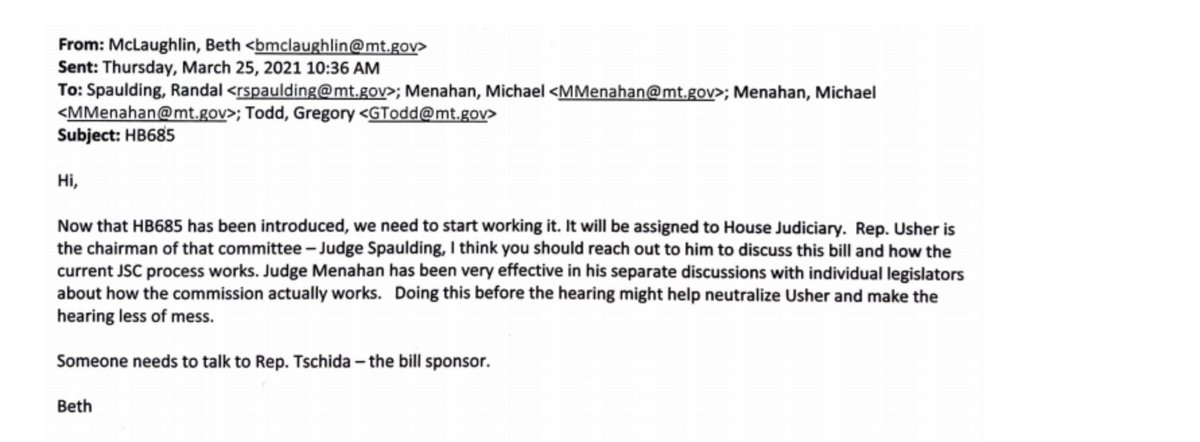

The criminal case investigation is based on verification system according to the law negatively, as stated in Article 183 of Law No 8/1981 regarding Criminal Procedure Code (KUHAP). It will be more important if the concept of evidentiary system is linked to the problem of proof in the settlement process of corruption acts. Furthermore, the definition above implied a very important meaning if it is linked to one problem study, whether it is a general issue or a legal issue. Sasangka and Rosita emphasized that the verification system is arrangement of various evidence used and how judges should form their beliefs. Verification system based on the concept mentioned above is a group or collection process of how the evidence tools are used, filed and maintained in accordance with the applicable law. – Orderly Combination or arrangement as part of a particle or element into a whole especially such combination according to some rational principle.īased on the explanation above, it can be defined that the basic elements of system is a group combination and regular orderly that have regular relationship among parts as a whole. Meanwhile, Black’s Law Dictionary defines system as : Based on Oxford Advanced Leaner's Dictionary of Current English, it is explained that system is: “group of things or part working together in regular relation” “Ordered set Ideas, orates, principles ate” or “orderliness”.

The evidentiary system aims to prevent innocent people from being jailed.Ĭoncerning to the importance of the verification system in the process of corruption acts settlement, it is necessary to understand the concept of verification system itself, which consists of word system and proof. Although in its practice there is no absolute certainty to be achieved but by research and persistence using existing evidence, it would be obtained a reliable truth. The verification aims to seek and apply the truths existing in the case, not merely looking for one's faults. Provision is a process of how the evidence is used, filed, and maintained in accordance with applicable law of procedure. Keywords: legal policy, criminal procedure code, investigation, verification, corruption acts law, corruption acts, Indonesia.

The verification was an extension of the provisions of Law No 8/1981 on Criminal Procedure Law which stipulated that the prosecutor had the authority to prosecute a person charged with a criminal offense with the burden of proof. Secondly, Article 37 of the Corruption Act specified various matters of proof, including the use of reversed verification systems. The deviations were intended to accelerate procedure and simplify investigation up to prosecution and provision in court regarding the defendant's human rights. Here, the criminal procedure law that was specified on corruption acts deviated from general criminal procedure law. First, Article 26 of Law No 31/1999 on the Corruption Act revealed the existence of a procedural law containing double meaning.

This study revealed 2 results in accordance with formulated issues. This normative legal research used legislation approach based on the primary law material in the form of positive law and secondary law material including books or other related literatures. This study is focused on legal policy of investigation and verification on Indonesian corruption acts.


 0 kommentar(er)
0 kommentar(er)
